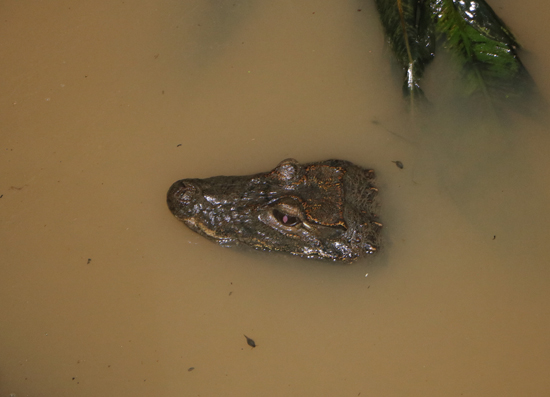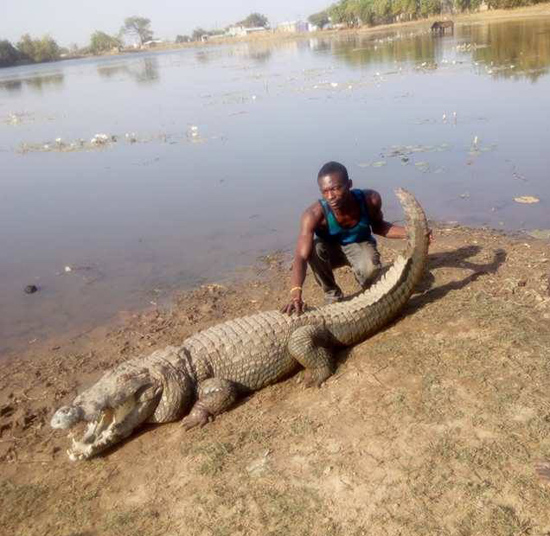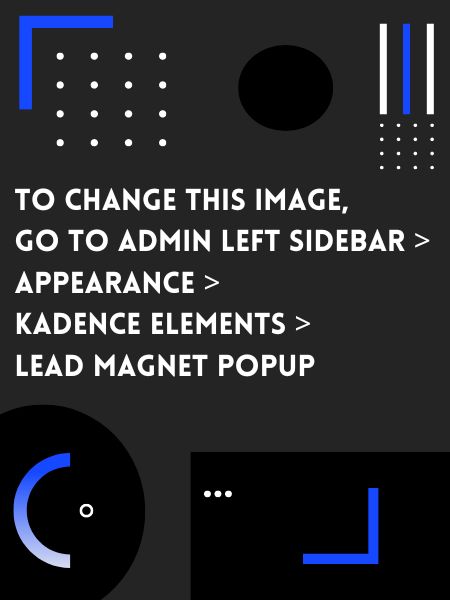Congratulations to Albert Chambichoga of SAVE THE FROGS! Ghana’s KNUST Chapter for winning a £5,000 (US$6,379) grant to identify and survey critical habitat areas of the West African Dwarf Crocodile (Osteolaemus tetraspis), which is the world’s smallest crocodile species. The grant is from the prestigious Rufford Small Grants Foundation, based in the United Kingdom. The grant will allow Albert and his team to estimate the population size of the crocodiles along the stretch of the Wewe River that flows through the campus of the Kwame Nkrumah University of Science and Technology (KNUST). The team will also re-forest degraded habitats, draft a Wewe Catchment Dwarf Crocodile Conservation Action Plan, and engage the public through folklores. These efforts will augment conservation activities already underway through the KNUST Wewe River Amphibian Project (K-WRAP) that protects the 12 resident frog species.

Photo of West African Dwarf Crocodile on the KNUST campus by SAVE THE FROGS! Ghana Co-Founder Dr. Kerry Kriger, taken during the 2016 SAVE THE FROGS! Ghana Expedition.
The West African Dwarf Crocodile, which is listed as vulnerable by the IUCN, remains the least studied of the three African crocodiles. In Ghana, the most recent and publicly announced sighting was during the 2016 SAVE THE FROGS! Ghana expedition, when SAVE THE FROGS! team members recorded two individuals on the KNUST campus. SAVE THE FROGS! biologist Michael Starkey also sighted the crocodile during his 2013 visit. All the sightings at the Wewe River were within amphibian critical habitat areas. This co-existence between crocodiles and frogs is beneficial for the frogs, as the frogs find refuge in deep ponds created by crocodiles.
Thanks to the Rufford Small Grants Foundation for their support! And best of luck to Albert and his team!

Albert Chambichoga with a Nile Crocodile (Crocodylus niloticus).


